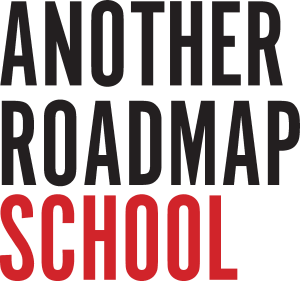As I understand it, one of the founding research aims of the Another Roadmap network was to critically assess the continuing hegemony of a colonial Westernised Arts Education and through a praxis of deconstruction, to create spaces for the imagining and the realisation of alternative paradigms, and for paying due recognition to alternatives already realised.
Excavation is the first, fundamental step. We have to seek out the origins of normative concepts of art education – by which I mean ideas and practices that are considered ‘common’ or ‘normal’. (In worst case scenarios, ‘natural’.) We have to know where these ideas came from, who invented them, where and why. We have to find out how and why they circulated, how they became influential and whose interests they ultimately serve(d). And the case of the non-hegemonic concepts of art education, we have to understand where, how and why they have been suppressed and/or marginalised.
This requires us to take a long hard look at the past. Long because the histories of these ideas are themselves long, complex and extremely convoluted. It is not easy to pick out and to hold on to even a single thread. Hard sometimes because the histories are difficult to come by – rendered inaccessible by social processes like suppression, and/or biological processes like death and decay. And hard sometimes because these histories, once unearthed, are revealed to be shaped by violences both physical and symbolic such that confronting them clear-sightedly in the present moment inevitably involves the experience of pain.
But without this work – this long, painful work – we will never fully understand where our ideas about art education come from. And without that knowledge, we will never fully be able to plot just, equitable and powerful alternatives.
We have the right to know.
by Emma Wolukau-Wanambwa
FOLLOW THIS PATH

